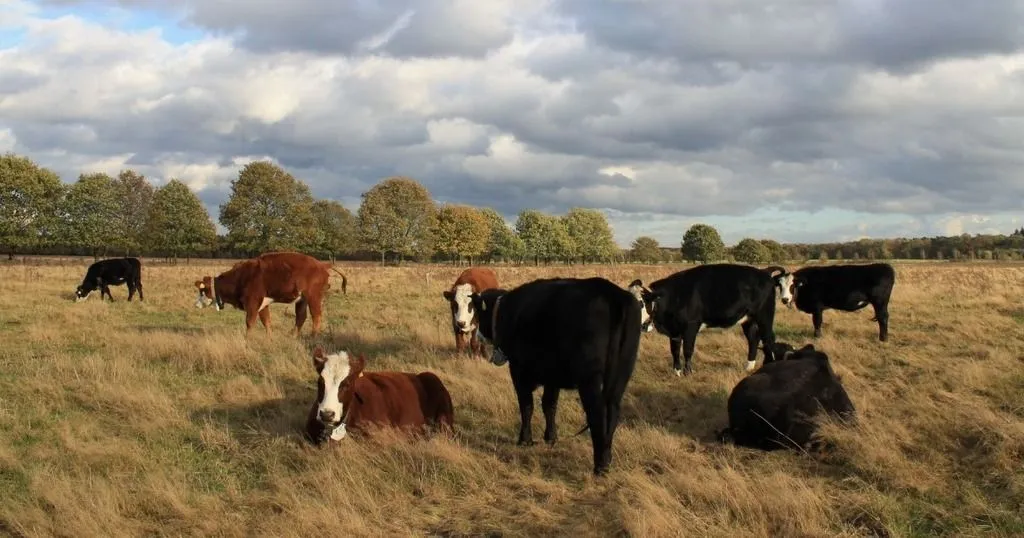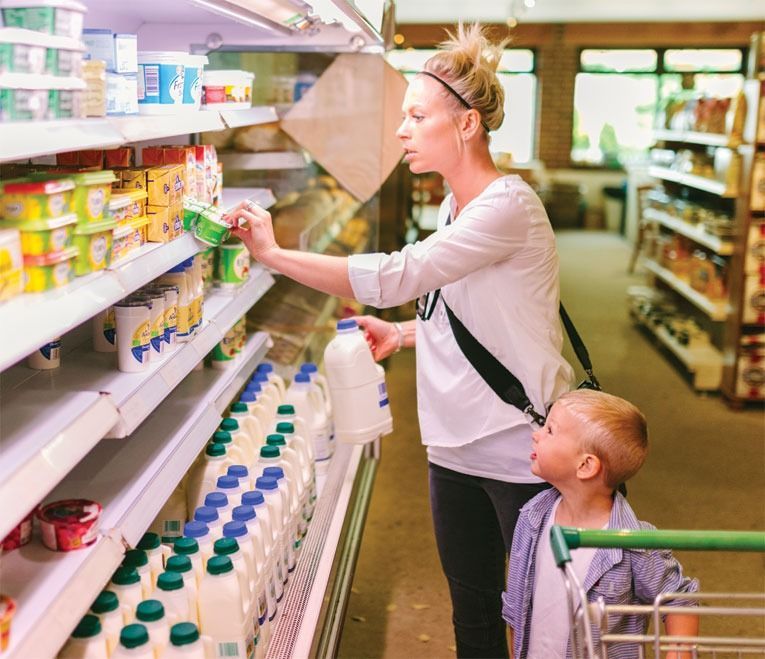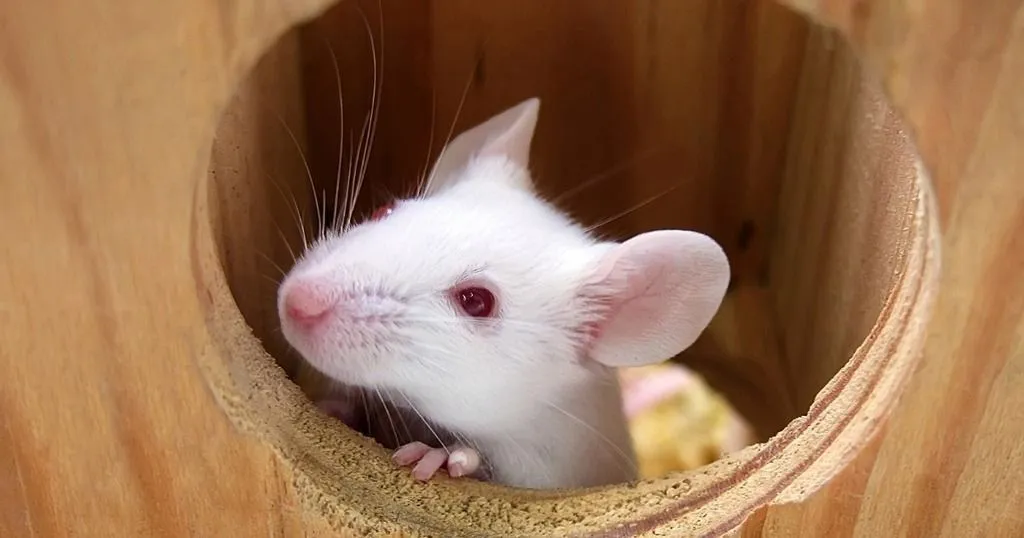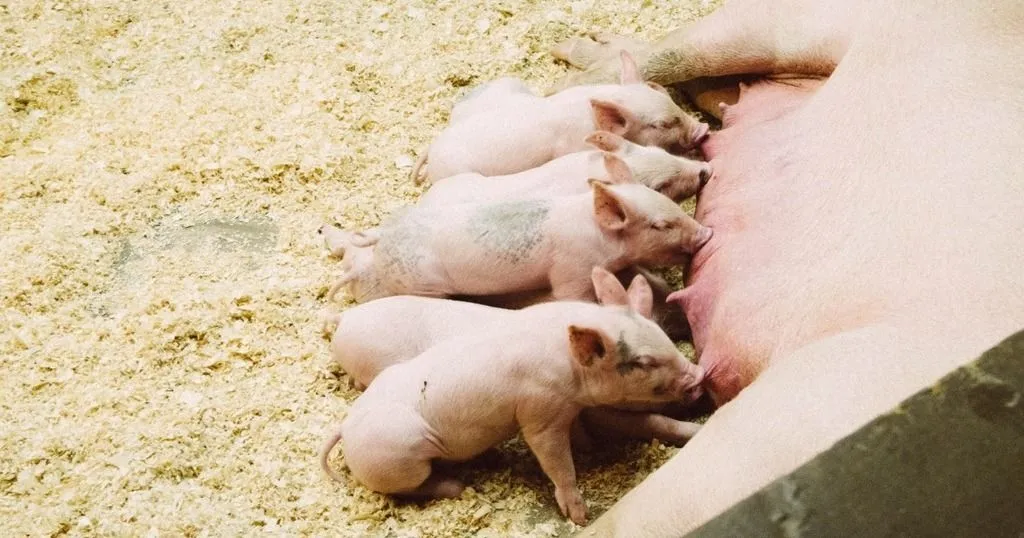4 Cool cow facts
The investigation of movement, activity, and behavior of animals in stables gives great insight. Read this blog to learn more about that, but also about cow behavior in paddocks.
Posted by
Published on
Thu 11 Feb. 2016
Topics
| Cows | Farm Animals | Tracking | TrackLab |

The investigation of movement, activity, and behavior of animals in pens or stables gives great insight into differences between group and individual housing, enriched and plain stables, different types of feeding systems, and so on. Read this blog to learn more about that, but also about cow behavior in paddocks.
Cool facts about cows and cow behavior
1) Balanced diet for calves
Calves, whether raised for milk or meat production, are typically fed diets that differ from diets of feral cattle herds. For example, veal calves receive large quantities of milk replacer and solid feed with little structure to chew on, while dairy calves are weaned off milk early on and receive mostly solid feed.
Diets typically fed to calves can cause a number of welfare problems, including poor stomach health as well as stress due to the inability to perform highly-motivated natural behaviors such as rumination or sucking on a teat. Furthermore, there is much research indicating that animals, and in particular ruminants, are able to select a balanced diet and maximize their comfort. So why not let calves choose?
2) Standing cows
There are now advanced tracking techniques available which will enable researchers to get more detailed information about exactly where and how cows and other farm animals are moving, and so get even better insights into their welfare and behavior. Although at first sight this may seem a slightly odd thing to investigate, it is actually very important for animal welfare.
3) Dutch Dairy Centre
Only recently registered as an association at the Chamber of Commerce, the Dutch Dairy Centre [1] is already growing into an important network of companies based in the Netherlands. Companies supply a wide range of products and services to the international dairy industry for farmers, farmer co-operatives and milk factories. The members can also work together for you as a group or in a consortium.

Why the Netherlands? Well, according to the popular blog Stuff Dutch People Like [2], Dutch people like milk products a lot and consume as many as 14,3 kilos of cheese per person/year and the Dutch produce 650,000,000 kilos of cheese every year!
References
Related Posts

Top 10 Animal behavior research blogs

Does pesticide resistance make malaria mosquitoes “smarter”?

